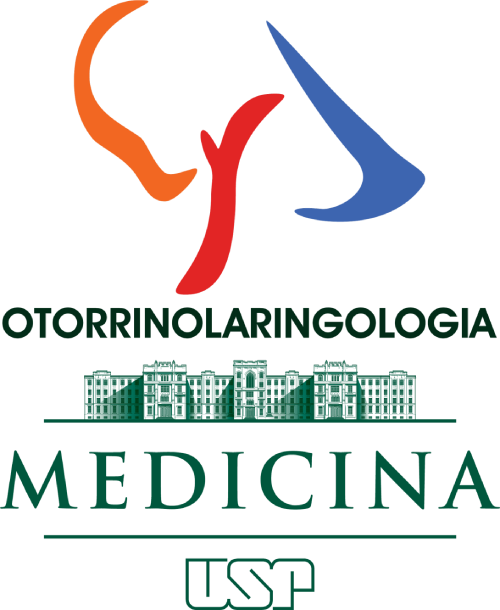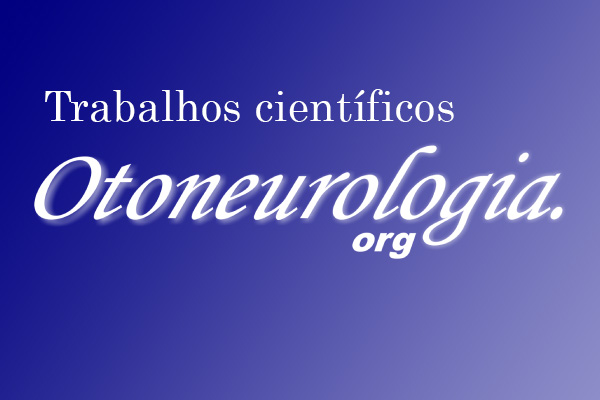Carol A Foster
Abstract
Confusion in the nomenclature of Ménière’s disease and lack of a standard definition of the disorder until 1995 has hampered accurate assessment of treatment efficacy since the presently defined disorder was first described in 1938. The lack of a widely accepted mechanism of the disease has also delayed the development of rational treatments. Past treatments have focused on relieving elevated pressures in the hydropic ear and more recently on treatment of underlying migraine. Present dietary methods of control include sodium restriction and migraine trigger elimination. Pharmacologic treatments include diuretics, migraine prophylactic medications, histamine analogs, and oral steroids. Surgical procedures include intratympanic steroid perfusion, shunts, and ablative procedures when conservative treatments fail. External pressure devices are also used. Evidence of efficacy is lacking for most interventions other than ablation.
At our institution, Ménière’s disease is treated as a cerebrovascular disorder. Control of risk factors for cerebrovascular ischemia is combined with treatment of pressure dysfunction in the hydropic ear. Screening for risk factors is performed at presentation. Migraine, dyslipidemia, obesity, diabetes, sleep apnea, hypertension, and atherosclerosis are among the major factors that often require medical management. Migraine prophylactic medications, magnesium supplementation, sodium restriction, migraine trigger elimination, diuretics, anticoagulants, and antihypertensives are among the treatments used initially. Steroids administered orally or intratympanically are used if control is not achieved medically, and ablation remains the definitive treatment in unilateral cases experiencing treatment failure.
Keywords
endolymphatic hydrops, migraine, cerebrovascular disorders, ischemia




